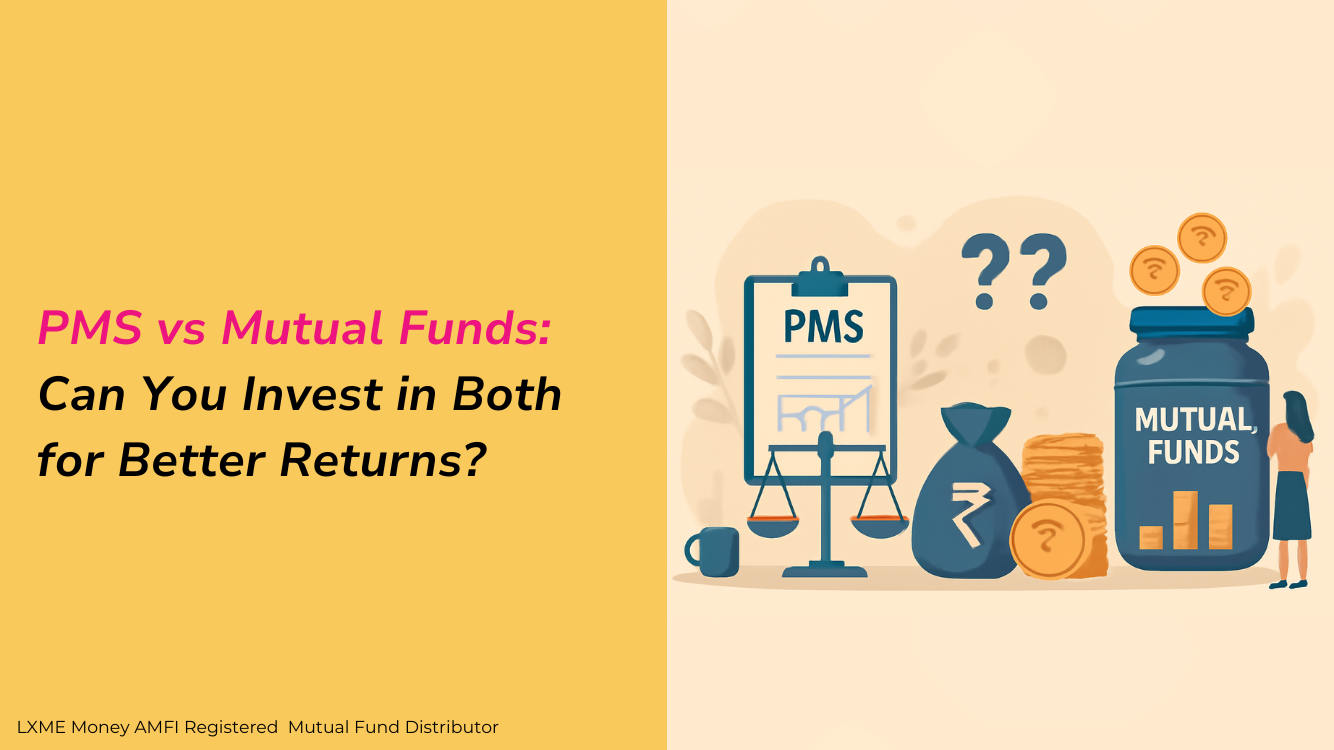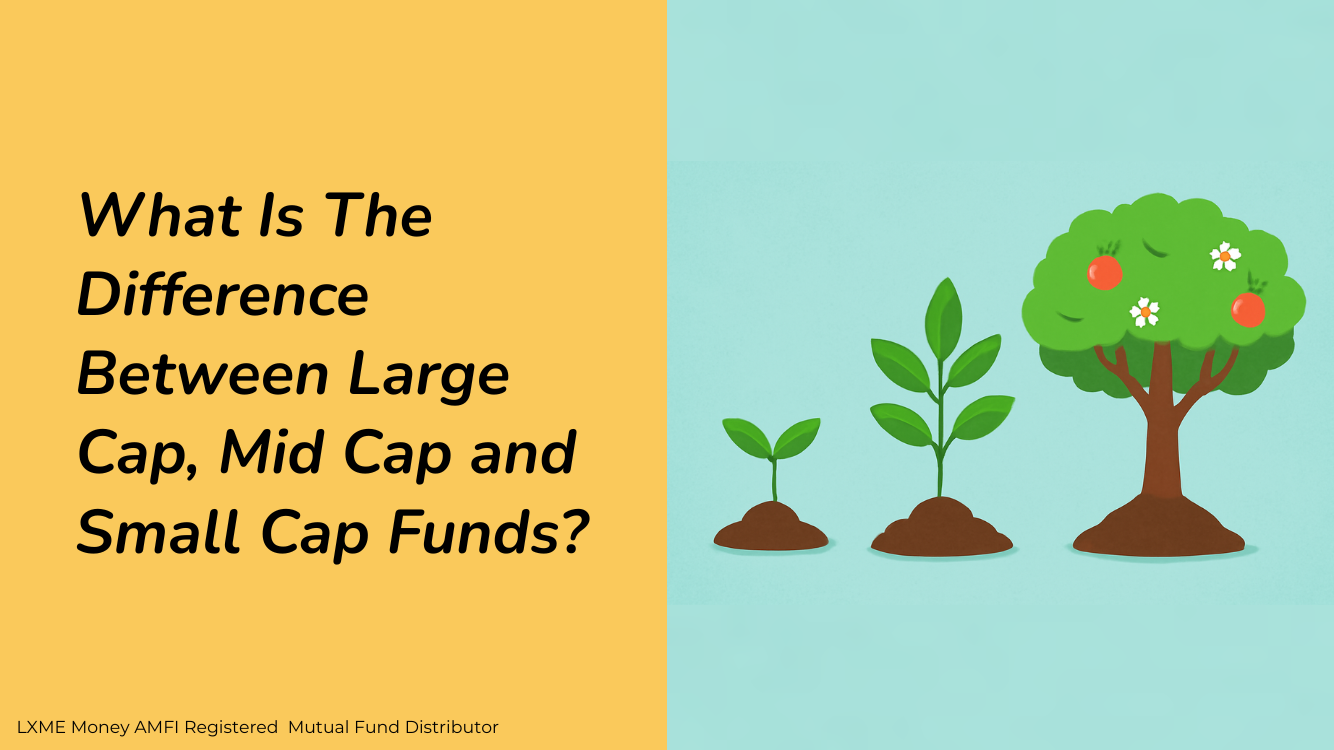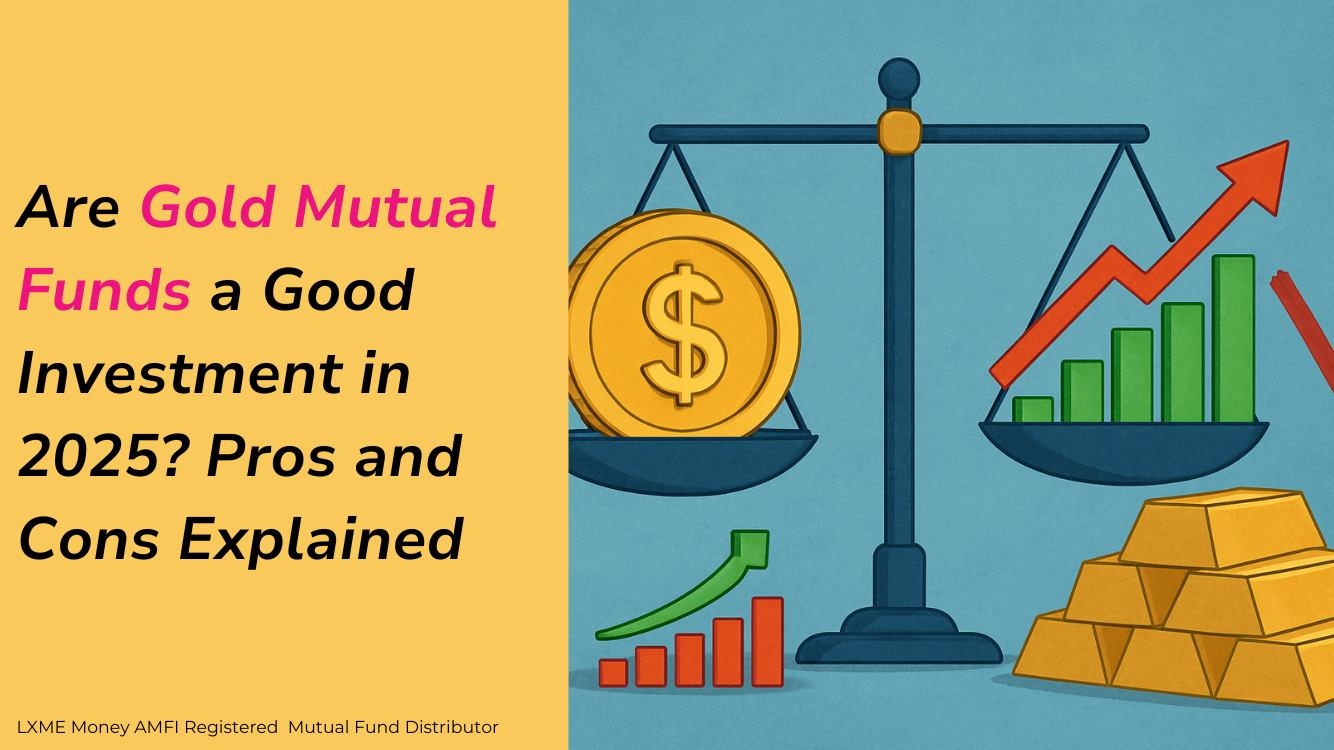Investing can be confusing, especially when you hear terms like “large cap stocks” or “large cap mutual funds.” If you’re new to investing or looking for stability in your portfolio, large cap funds could be a great option. But before you invest, let’s break it down in simple terms.
The Struggle of Choosing the Right Investment.
Many women hesitate to invest due to the fear of risk and lack of knowledge. There are so many options- stocks, mutual funds, gold, and more. While some investments aim for high returns, they come with higher risks. Others may be safe but offer minimal returns. So, how do you strike the right balance?
What Happens When You Don’t Invest Wisely?
Without the right investment plan, your savings may not grow enough to beat inflation. Fixed deposits and savings accounts offer security but often fail to build real wealth. On the other hand, investing in highly volatile stocks can be stressful and risky. This is where large cap index funds, or large cap mutual funds can help. Let’s take a look at the details!
Large Cap Funds – A Safe Yet Rewarding Investment.
Large Cap Fund Meaning.
What is large cap fund? Large cap funds are mutual funds that invest primarily in large cap stocks- companies that are well-established, financially stable, and have a strong market presence. These are the top 100 companies listed in the stock market, known for their consistent performance.
- Why Should You Consider Large Cap Mutual Funds?
- Stable Growth: Since these funds invest in large, reputed companies, they tend to be less volatile compared to mid-cap and small-cap funds.
- Regular Dividends: Many large cap stocks offer dividends, ensuring a steady income for investors.
- Long-Term Wealth Creation: These funds can provide inflation-beating returns over a long period.
- Returns in Large cap mutual funds.
On average, large cap mutual funds have historically delivered annual returns in the range of 12-14%, making them a reliable option for long-term growth.
Should You Invest in Large Cap Funds?
If you’re looking for low-risk, stable, and long-term investment options, large cap mutual funds could be a great choice. Here’s when you should consider investing:
- If you are new to investing and want to start with a safer option.
- If you prefer steady growth over high but unpredictable returns.
- If you want an investment that can provide returns higher than fixed deposits and inflation.
Tax Implications of Large Cap Mutual Funds.
Understanding the tax impact of your investments is crucial. Here’s how large cap mutual funds are taxed in India:
- Short-Term Capital Gains (STCG): If you sell your investment within one year, the gains are taxed at 20%.
- Long-Term Capital Gains (LTCG): If you hold your investment for more than one year, gains up to ₹1.25 lakh are tax-free. Gains beyond this limit are taxed at 12.5%.
Holding investments for over a year can significantly reduce your tax burden and increase your net returns.
Things to Consider Before Investing in Large Cap Funds
- Expense Ratio: This is the fee charged by the fund house to manage your investments.
- Fund Performance: Look at the return history of the large cap mutual funds across different long term timelines to understand it’s performance.
- Fund Manager’s Experience: A skilled fund manager can make a difference in navigating market ups and downs.
- Investment Horizon: Have a long term horizon of atleast 3 years when putting in money into equity markets
- Diversification: While large cap funds provide stability, it’s essential to diversify your investments based on your financial goals and risk appetite. If you’re aiming for wealth creation with moderate risk, a mix of large cap, mid cap, and debt funds can help balance growth and security.
On the other hand, if you’re a conservative investor, combining large cap funds with safer assets like gold or fixed-income instruments can add stability to your portfolio.
Additionally, diversifying within equity mutual funds can be a great value addition when planning for your goals. For example, Lxme’s Long-Term Portfolio consists of three equity mutual fund schemes and one debt mutual fund scheme, ensuring both diversification and stability. Lxme offers investment for women through well-researched mutual fund portfolios curated by experts.
This approach helps investors capture higher growth potential while mitigating risks through asset allocation. By combining different mutual funds, you can create a well-rounded investment strategy that aligns with your financial aspirations.
Final Thoughts
At Lxme, we believe that financial independence is key to a secure future. If you’re unsure where to start, download the Lxme app and connect with our Money Buddies for expert guidance and personalized next steps on your investment journey!
Don’t let fear hold you back. Start small, stay consistent, and watch your wealth grow over time. Visit Lxme for more financial insights designed for women, by women!
Disclaimer – Mutual Fund investments are subject to market risks, read all scheme-related documents carefully.
FAQs
How do large cap funds perform during market volatility compared to mid-cap and small-cap funds?
Large cap funds tend to be more stable during market volatility as they invest in financially strong companies. Mid-cap and small-cap funds, though capable of higher returns, are much more volatile.
What are the tax implications of investing in large cap funds in India?
If you sell your investment within one year, your gains will be taxed at 20% (Short-Term Capital Gains Tax). However, if you hold your investment for more than a year, gains up to ₹1.25 lakh are tax-free, while any amount exceeding this limit is taxed at 12.5%(Long-Term Capital Gains Tax).
Can large cap mutual funds provide inflation-beating returns over the long term?
Yes! Historical data suggests that large cap mutual funds have delivered 12-14% annual returns, which is higher than inflation rates in India. Staying invested for the long term is important.
What metrics should I analyze before selecting the right large cap index fund?
Look at past returns, fund manager expertise, expense ratio, the fund’s consistency in beating benchmark indices, different financial ratios like Sharpe ratio, etc and most importantly, investments should be made as per your financial goals and risk appetite.
Further Read,












